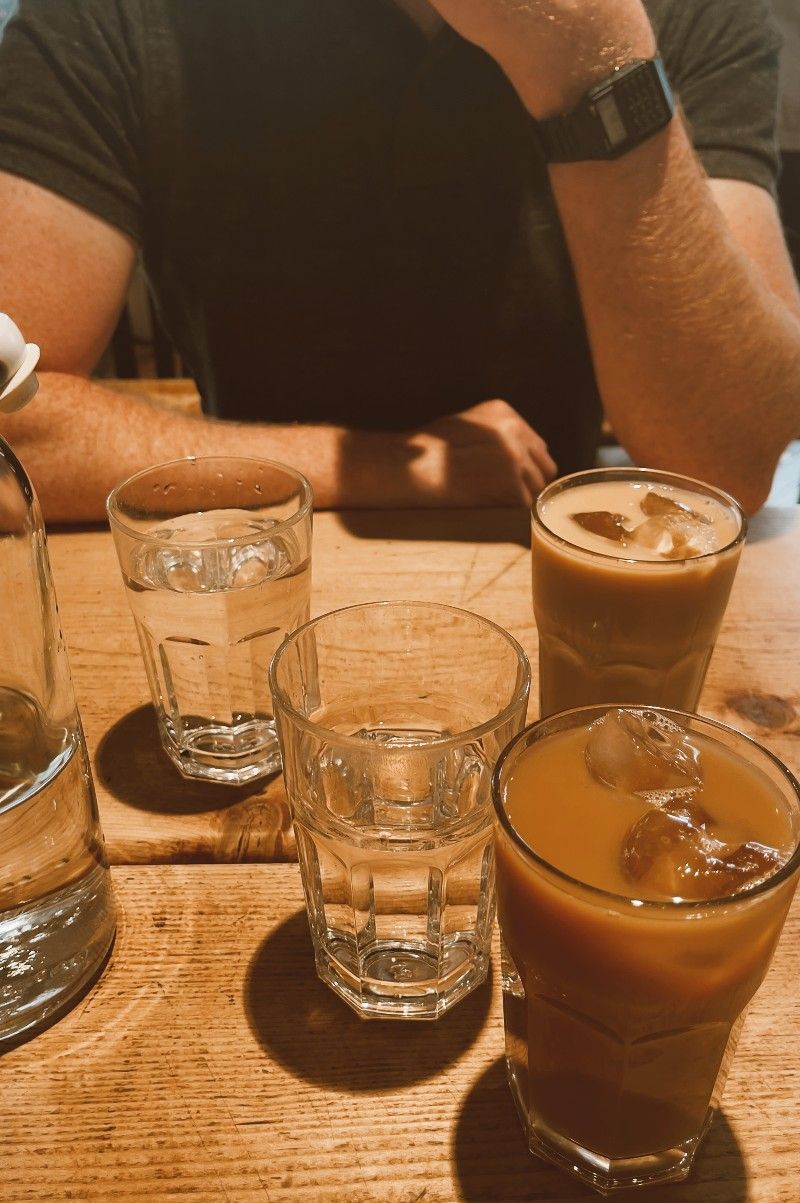ONE OF our favourite things to do in London is stroll the down tree-lined streets of Mayfair, amongst the Georgian townhouses with their grand façades, all intricate architecture and delicate wrought iron detailing.
In the darkness, they rose. More than 150 men and women advanced warily through the ice, grasping lines that had been anchored into the mountainside just hours before. Some had waited months for this ascent. They had a small window: Winds had finally calmed on the morning of July 26, giving teams their first chance to summit K2, the King of Mountains, in the Pakistani-administered area of the Kashmir.
In 1967, the physicist John Wheeler was giving a lecture about a mysterious and startling phenomenon in deep space that the field was just beginning to understand.
LATELY ALL my dreams have been the same: a car careering out of control that I can't stop, a car that I can't start if my life depended on it (and it usually does). Apparently, according to Claude (yes, I tell my dreams to bots now), the unconscious mind often uses cars to express thoughts and feelings about our control, power, independence and ability to progress in life.
Truman Burbank, the unwitting star of the world’s most popular TV show, is supposed to be an everyman. The Truman Show is set in an island town, Seahaven, that evokes the prefab conformities of American suburbia. Truman is a brand in a setting that is stridently generic. Since his birth, he has navigated a world manufactured—by Christof, the creator of his show—for lucrative inoffensiveness. Everything around him exists to fulfill the primary mandate of a mass-market TV show: appealing to the widest possible audience.
In 2007, three experimental psychologists, somewhat tongue-in-cheek, coined the word ‘sugrophobia’, which would translate to something like a ‘fear of sucking’. The researchers – Kathleen Vohs, Roy Baumeister and Jason Chin – were looking to name the familiar and specific dread that people experience when they get the inkling that they’re ‘being a sucker’ – that someone is taking advantage of them, partly thanks to their own decisions.
JUST A FEW SNAPSHOTS of the things we've been up to this past July, including a quick trip to Edinburgh that ended up taking longer due to the heatwave, so iced coffees on the morning of the day that we were supposed to return home; pink English roses in the bright June sun and Sweet Potato, Ginger & Garlic Tofu Stew (with Lime and Spinach) ...
. . . still catching up after all the weekend fun, [all very much worth it, to spend a little...







